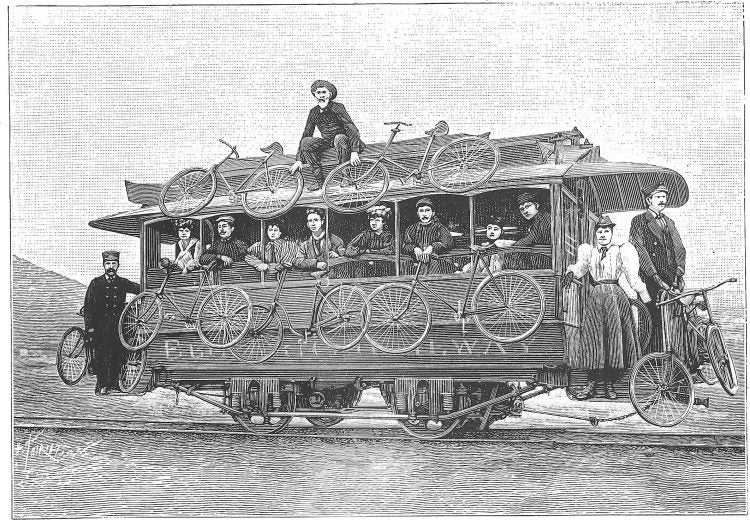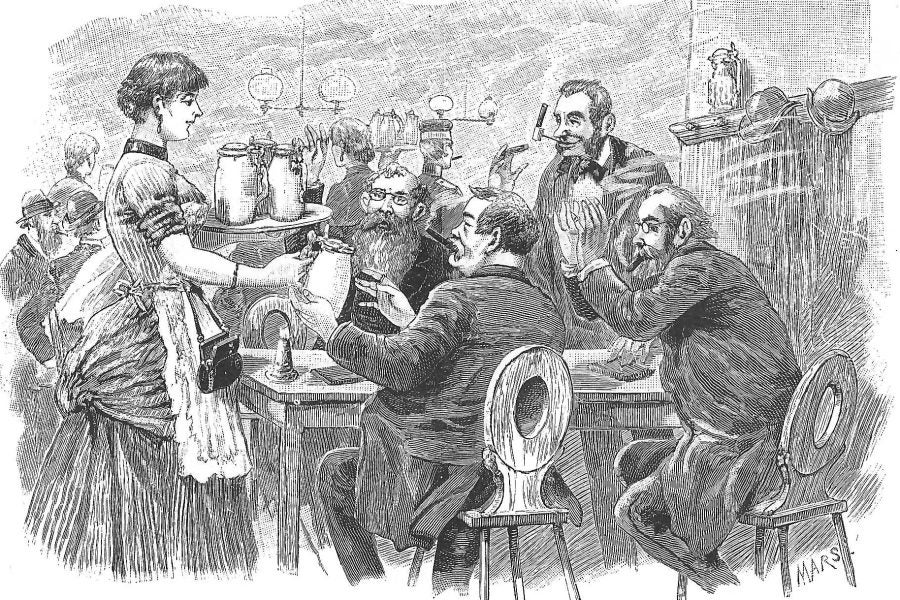It’s time to ring 2023 out, and perhaps to address a matter that has preoccupied many of you during this year. Judging from your correspondence, a lot of you have hit bad times. Now I haven’t exactly had a great year either, I must confess. But the constant whining about prices is becoming tiresome, folks. I mean, nobody is suggesting you buy a Birkin (vale, Jane) bag from Hermes, at between US$10,000 and US$200,000 a pop, to carry your beers. But this dreary moaning whenever a quality product is actually quoted at a price that reflects its value—the materials and efforts that have gone into it, as well as the demand for it—is just déclassé.
Of course you can buy second-hand gear that was already cheap when it was new, on eBay or your local junk market for a pittance. But selah, don’t keep boring the rest of us with your triumph (not Triumph) of self-punishing descent into voluntary tawdriness. Two clichés apply here with all their aggregated power: “you’ll remember the quality long after you’ve forgotten the price”, and “you get what you pay for”. Yes, they’re clichés but like most of their tribe they carry more than a little truth.
This stubborn admission of dreary, tasteless—and senseless, because the rubbish you buy will usually last no longer than you would expect it to—searching for the lowest quality in consumer goods actually reflects a serious social trend.
Beginning in the late 1970s , there has been a concerted effort to depress worker’s wages in the United States. The people you probably think of as the “elite” have done their best to reduce manufacturing costs so that US-made products could continue to compete with the goods flowing from the considerably more efficient German and Japanese factories—this is well before China became the competitor du jour. If you’re a worker, capitalism is not your friend.
When your parents, who were still earning a decent wage, went out to buy things they usually chose good, well-made and high-quality products which improved their environment. With the reduced purchasing power you have, you buy the opposite (poor, badly-made and low quality just in case you are having trouble following this) because you buy on price. Your Mom would never have had that cheap, ugly tinplate toaster in the house.
Keep in mind that your race to the bottom is not inevitable. If you don’t have a lot of money, don’t buy cheap rubbish. Buy fewer things but buy good ones. Sounds simple, but few people seem to be able to grasp it. They’d rather grasp a suitcase full of nylon.
Perhaps we need to revive the spirit of the early days of unions and some of the larger-then-life personalities like Joe Hill. Ah, perhaps you don’t know who Joe Hill was. Look him up. His story is as important as it ever was, even though America’s workers were either brutalised (Joe Hill was executed on trumped-up charges) or, later and only for a while, bought off. Today, things are not so different from the early days of unionism. Many workers can once again not make a decent living from one job.

“We should definitely have bought better quality bicycles.”
But complaining is pointless. Complaining is a sign of weakness. Buy the things you really need and buy quality, which will last you far longer and save you money in the long run over that second-had bit of tatt from eBay. And pass the message on; it is possible to be proud of the things you buy and use, for reasons other than getting them for a pathetic few cents less. Keep in mind that the price of an item also reflects the pay that goes to the workers who produce it. As well, while I’d be the last one in the room to defend the profits extorted today, capital can’t be free either or the retirees around the nation would not make their savings available to entrepreneurs. And then they couldn’t buy Harley-Davidsons.
Just in case you now think that paying more buys you class as well, like lashing out on that Birkin bag from Hermes to carry your beers (I was wrong about the top price, by the way, it was US$450,000 and that was for a used bag), don’t get carried away yourself. Kim Kardashian owns 30 of them, and if that doesn’t tell you that money does not buy class then you aren’t paying attention. Having one, or perhaps even two or three, Birkin bags in the wardrobe is excusable as long as your children aren’t living on Maccas. Owning 30 of them, just like owning 30 motorcycles, does not confer class no matter what your children are eating.
So by no means get into conspicuous consumption, but don’t complain either and make the lives of the rest of us drearier by insisting on everybody being cheap all the time. Live the life you want to live, by all means, but try to be constructive when you write. Maybe (well, probably) you’re not Jay Leno, but you’re probably not Gregor Samsa either.
And if you are Jay Leno, enjoy your machinery!







